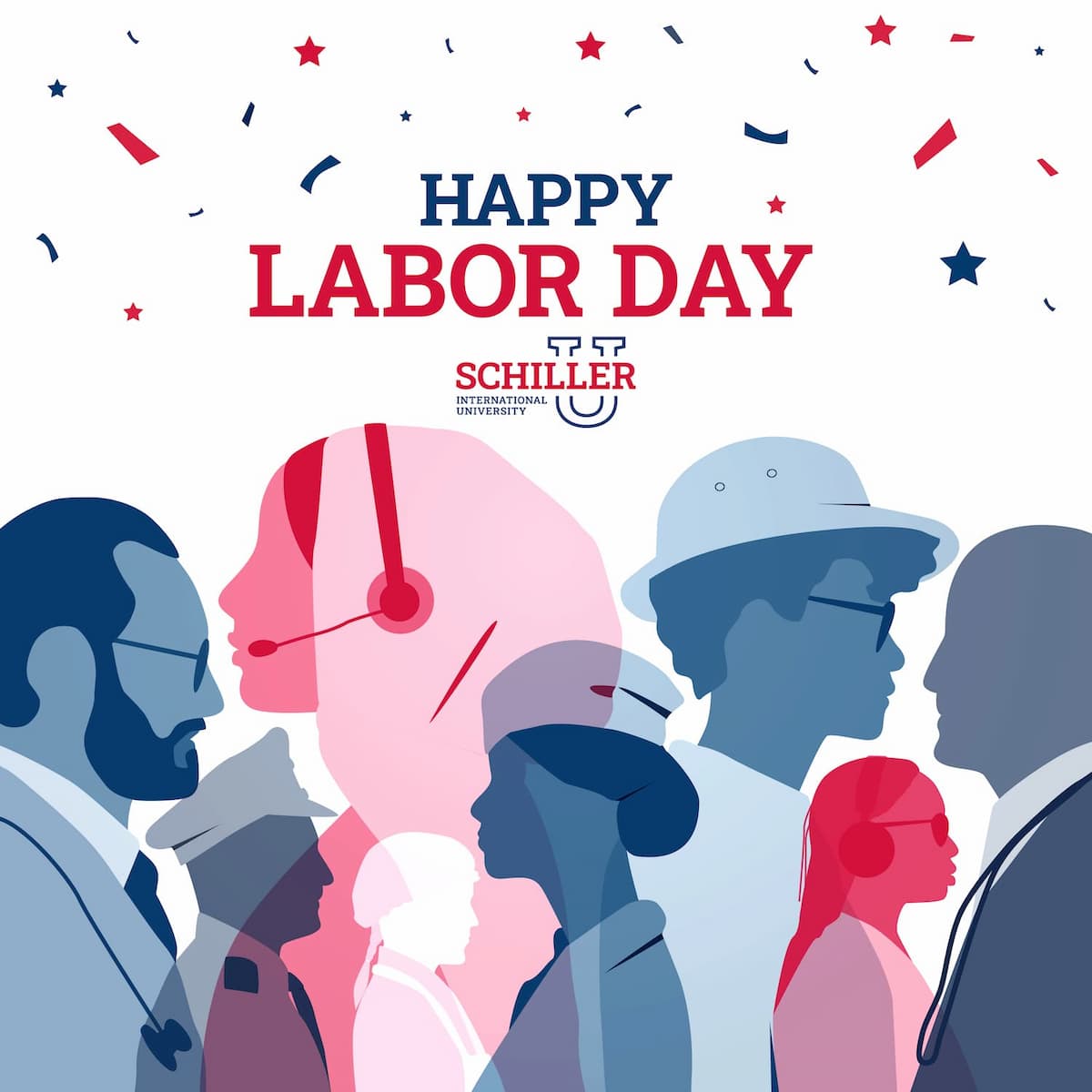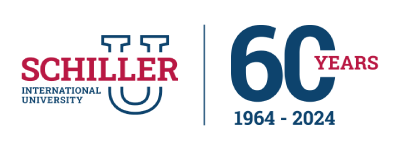Labor Day in the United States, observed on the first Monday in September, is more than just a long weekend marking the end of summer. It’s a day to recognize the immense contributions that American workers have made to the country’s strength, prosperity, and well-being. As we celebrate Labor Day 2024, its relevance extends beyond its historical roots, reflecting on the changing dynamics of the workforce and the modern challenges faced by workers in the 21st century. It’s clear that the workplace—and the very concept of work—is undergoing significant transformations. These changes are being shaped by technological advancements, shifts in employee expectations, and economic pressures from a globalized world. The rapid rise of remote work, experimentation with shorter workweeks, and debates about labor policy all underscore how work is evolving for future generations.

The Changing Face of the Workplace
In the 20th century, work was largely defined by the traditional 9-to-5, five-day-a-week model, rooted in manufacturing and office-based industries. However, this rigid structure is becoming less common, especially as the workforce diversifies and adapts to new technologies and global challenges. Companies in the US and around the world are now reimagining how work can be structured to boost productivity while improving the quality of life for employees. On the other hand, the structure of the American workforce is undergoing significant changes. With the rise of gig work and freelance platforms like Uber, DoorDash, and Upwork, millions of workers find themselves outside the protections of traditional employment. Gig workers often lack access to benefits such as health insurance, paid leave, and retirement plans, raising questions about how labor laws should evolve to protect this new class of workers.
The Four-Day Workweek Movement
One of the most notable developments in recent years is the growing adoption of the four-day workweek by several US companies. This trend has gained traction as employers recognize the benefits of shorter work hours, not only for employee well-being but also for productivity. Research has shown that when employees are given more time to rest and focus on personal development, they return to work more energized and engaged. For instance, companies like Kickstarter and Microsoft have piloted four-day workweek programs with great success. In Microsoft's case, their experiment in Japan resulted in a 40% boost in productivity, demonstrating that less time at work can sometimes lead to better results. These experiments are influencing conversations about what the future of work should look like, with some even considering making such schedules a permanent fixture.
Elections and the Future of Labor Policy
The future of work is also being influenced by upcoming political changes. With elections in November 2024, labor policies will likely be a significant topic of debate, especially given the ongoing conversations about raising the federal minimum wage, expanding worker protections for gig workers, and providing universal paid family leave. The outcome of these elections could shape the trajectory of labor laws and set the tone for how future generations will engage with work in the US.
The Global Economy and Remote Work
The rise of the global economy and advancements in communication technologies have made remote work more accessible than ever. For many businesses, the ability to hire talent from anywhere in the world has expanded their capabilities and allowed them to remain competitive in a fast-changing marketplace. However, this shift also brings challenges, including questions about worker rights, taxation, and cross-border employment laws.
While remote work offers flexibility and the opportunity to balance personal and professional life, it also requires employers and employees to navigate new forms of collaboration and communication. With these new structures, maintaining a strong organizational culture, ensuring productivity, and preventing burnout have become top priorities for businesses adapting to the digital age.
Preparing for the Future of Work
The ongoing changes to the workplace mean that future generations will likely experience a much different work environment than previous generations. Flexible schedules, remote work, and global collaboration are becoming the norm, pushing employers to rethink how they engage with their employees. As the global economy continues to evolve, industries will need to adopt more inclusive and sustainable labor practices, considering the well-being of their workforce as central to their success.
At Schiller International University, we equip our students for the rapidly changing landscape of work by fostering a global perspective and a deep understanding of the evolving dynamics in labor and employment. Our bachelor’s and master’s degree programs are tailored to develop the most sought-after skills demanded by today’s job market. Coupled with our unique multi-campus experience and global mindset approach, we prepare our students to thrive in diverse work environments across the globe. As we celebrate Labor Day 2024, we recognize the ongoing transformation of the workplace and commit to embracing at the forefront.

 Request information
Request information









